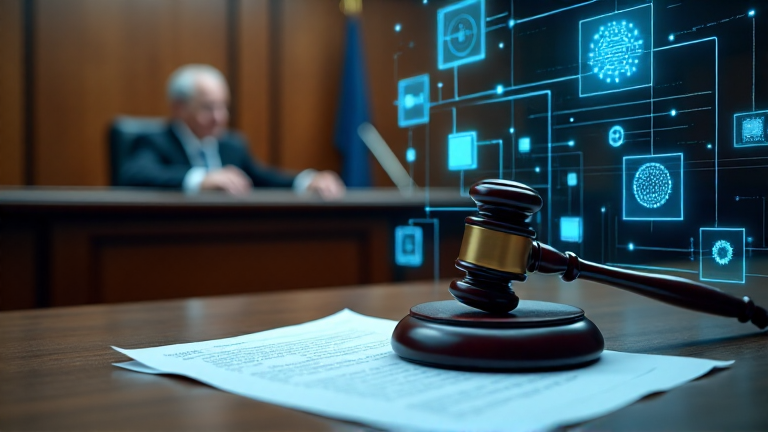
Judge Fast-Tracks Trial After Denial of Musk's Request to Halt OpenAI's Shift
In a pivotal legal development, a U.S. District Court judge in Oakland, California, denied billionaire Elon Musk's bid for a preliminary injunction to block OpenAI's transition to a for-profit model. The judge noted that Musk did not meet the "high burden required for a preliminary injunction." However, she underscored the significance of the matter by scheduling an expedited trial for the fall, emphasizing the sweeping public interest and potential risks involved if the conversion proceeded unlawfully.
The Heart of the Dispute
The legal battle between Musk and OpenAI has captured attention over the past year. Founded in 2015 as a nonprofit, OpenAI was co-created by Musk, who departed before the organization began to gain momentum. Musk contends that OpenAI has deviated from its original mission—to develop artificial intelligence for humanity’s benefit—and instead is pivoting towards profit maximization. In contrast, OpenAI and its CEO, Sam Altman, maintain that transforming into a for-profit entity is essential. This change will enable the company to secure the necessary capital to stay competitive in the costly AI landscape.
Key Points from the Ruling
- Judicial Perspective: Judge Yvonne Gonzalez Rogers clarified that the legal threshold for a preliminary injunction had not been met by Musk.
- Public Interest Emphasis: The order stresses the urgency of resolving the dispute to protect public interests and avert potential harm.
- Legal Positions: Musk, now the founder of rival startup xAI (launched in 2023), alleges that OpenAI is straying from its altruistic foundation. Meanwhile, OpenAI views its restructuring as a strategic move to attract funding and bolster its position in a competitive market.
- Broader Implications: The trial will also scrutinize claims regarding the management of funds and whether certain contributions intended for public benefit were misused for personal gain.
The Wider Context
This ruling follows closely on the heels of Altman's rejection of a staggering $97.4 billion takeover bid led by Musk. Altman firmly stated that OpenAI was not available for sale, a decision that fueled further accusations from Musk of deliberate competitive slowing. Meanwhile, industry dynamics continue to evolve as SoftBank Group is in advanced discussions to lead a potential $40 billion funding round for OpenAI at an estimated $300 billion valuation. For context, this valuation far exceeds the $75 billion estimate associated with Musk's xAI.
Looking Ahead
As the case moves swiftly towards a trial scheduled for later this year, both sides are bracing for a battle that poses significant implications for the future direction of artificial intelligence and the ethical frameworks underpinning tech innovation. The outcome of this legal standoff could redefine how competing visions for AI development—profit-driven versus human-centric—are balanced in the marketplace.
The accelerated trial will present an opportunity for a jury to examine the core claims, including whether charitable contributions were indeed accepted under the understanding that they would benefit the public rather than individual enrichment.
With stakes this high, the tech and legal communities will be watching closely as the drama unfolds.
Note: This publication was rewritten using AI. The content was based on the original source linked above.